Nico Voigtländer
Professor of Global Economics and Management
About
Nico Voigtländer’s main areas of research include long-run economic growth, political economy and economic history. His most recent projects focus on the transition from stagnation to growth and why this structural break occurred first in Europe. He has also co-authored seminal contributions addressing the deep roots of anti-Semitism and on the rise of Nazi Germany.
Topics
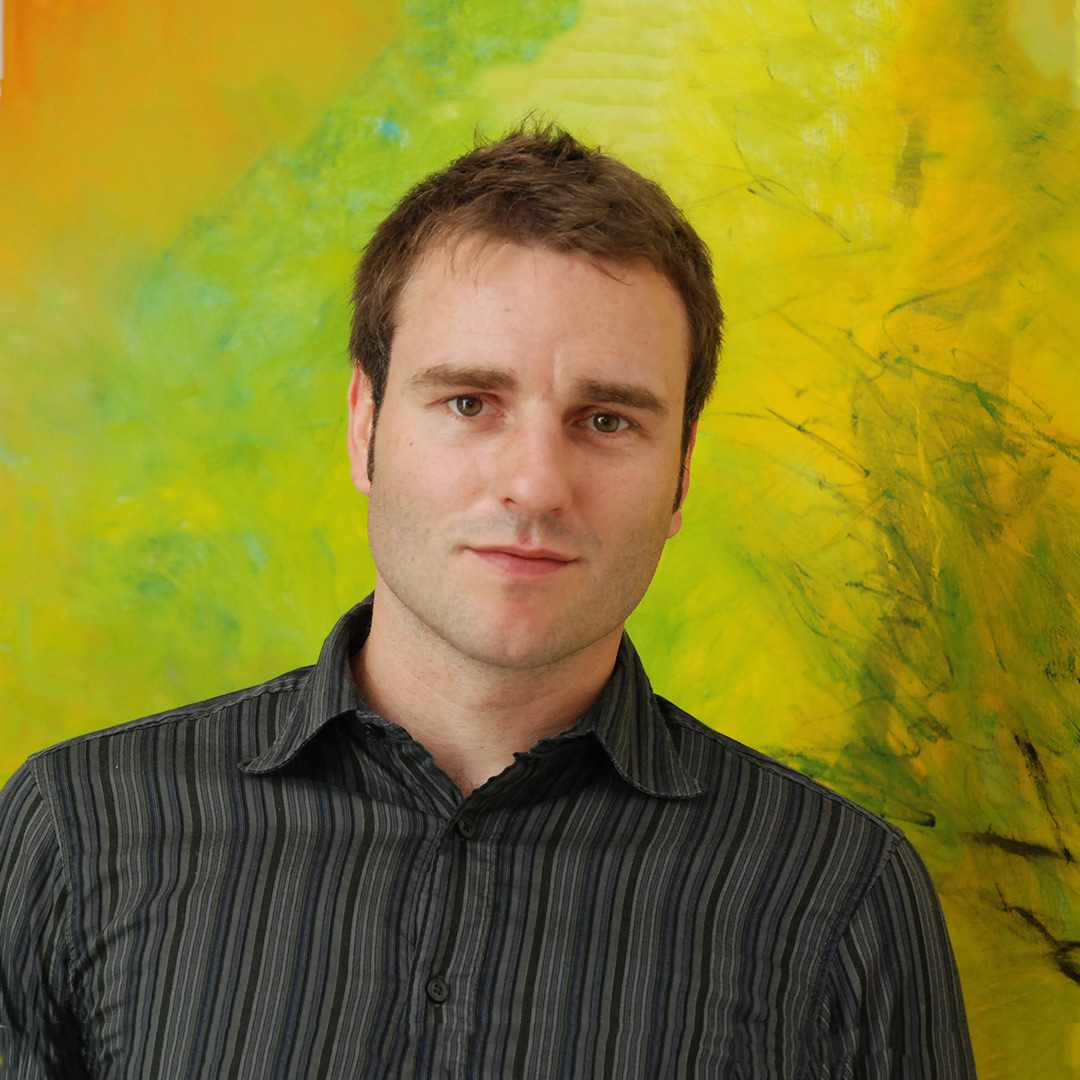
10 Articles

How Companies in Big Cities Out-Export Those in Smaller Ones
Measure of export intensity raises questions about trade policy and housing restrictions
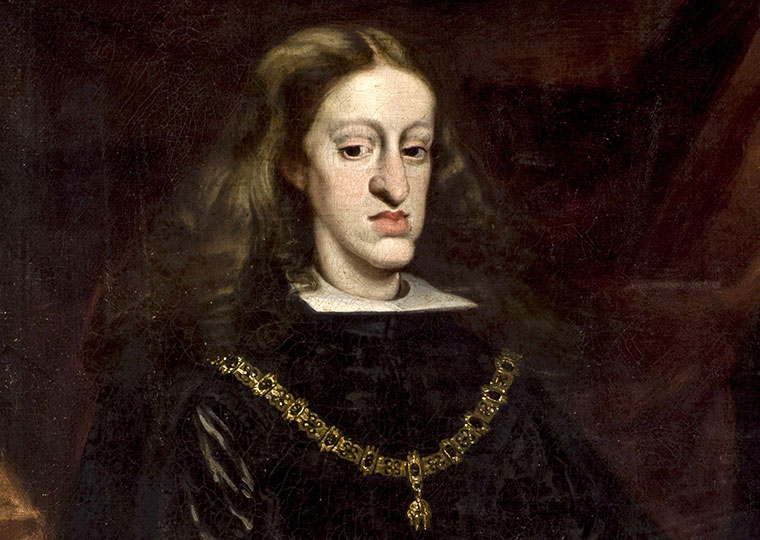
Leadership Matters: Countries Suffered Under Poor Quality Monarchs
Measuring inbreeding allows study to isolate rulers from circumstances

Work From Home: Adjustments Still to Come?
The history of industrial transformation suggests more gradual change
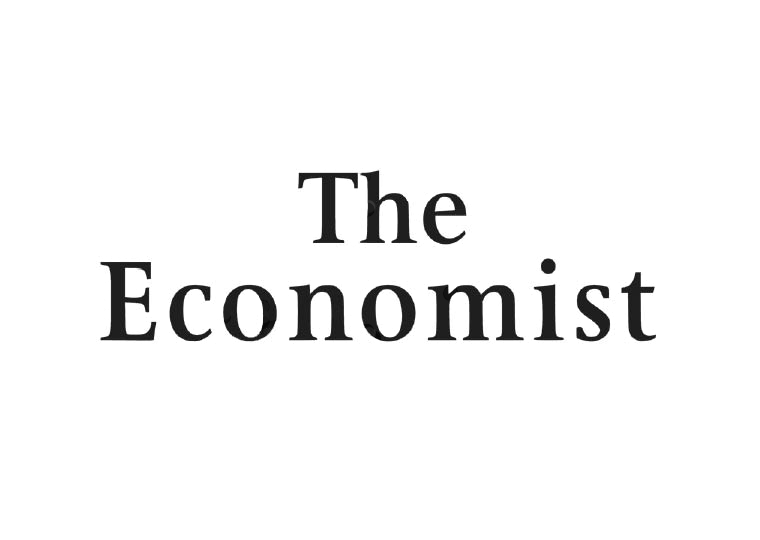
Data on inbred nobles support a leader-driven theory of history
The Habsburg noble family were the kings and queens of much of Europe — and of inbreeding
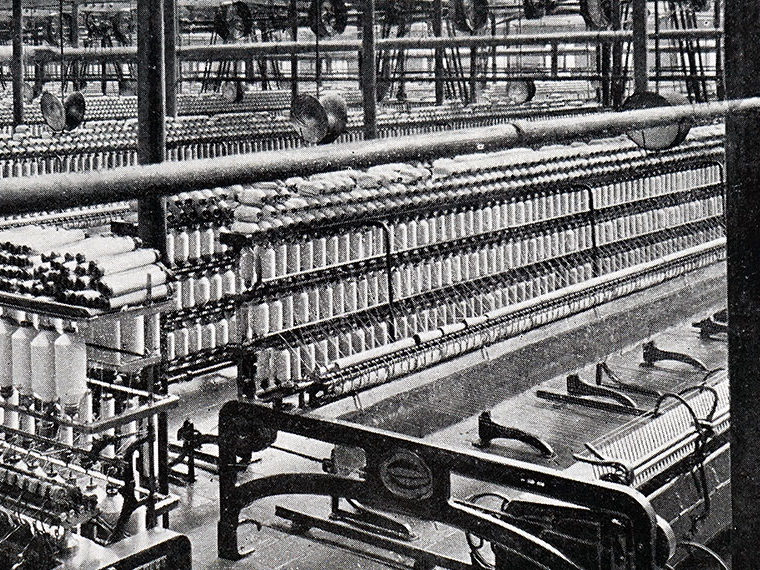
Amid Technology Boom, Where Are Productivity Gains?
19th-century French cotton mills suggest halting, uneven progress
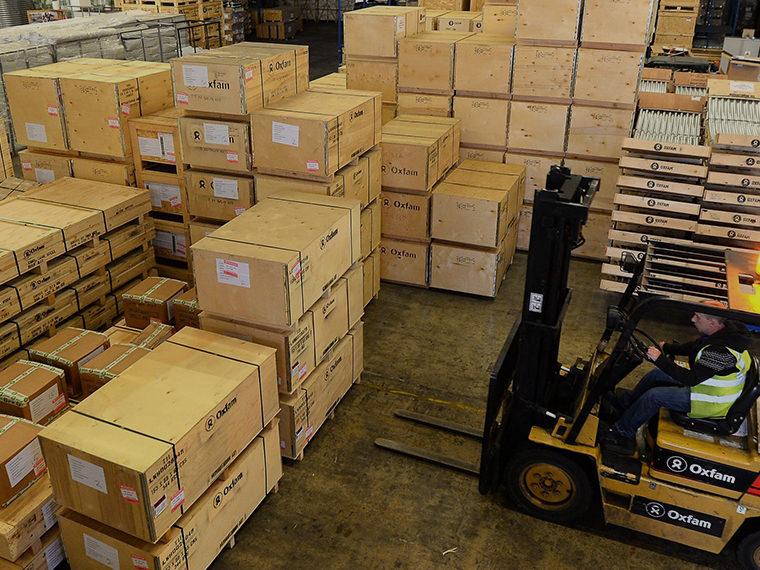
When Manufacturers Commence Exporting, They Become More Efficient
Looking at costs, in a sample of 5,000 plants in Chile, remarkable productivity gains occur
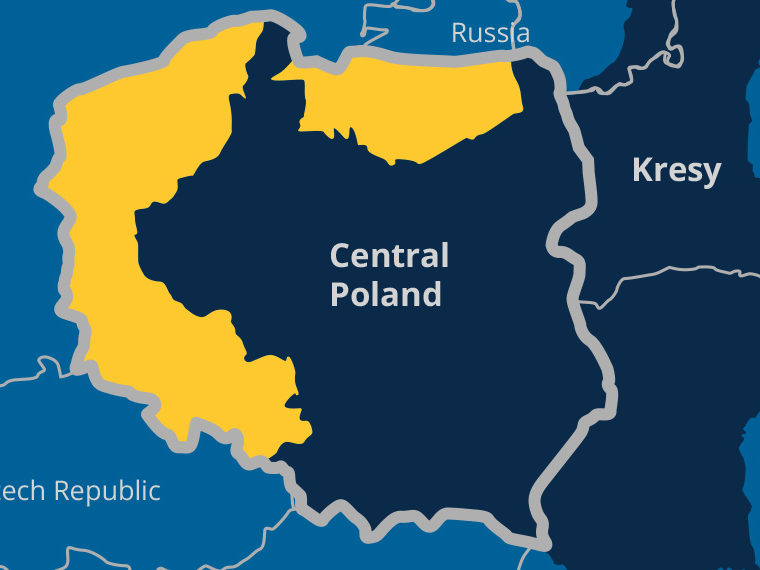
Descendants of Forced Migrants Value Education More Highly
Post-World War II Poland provides a unique setting to study mobility and success
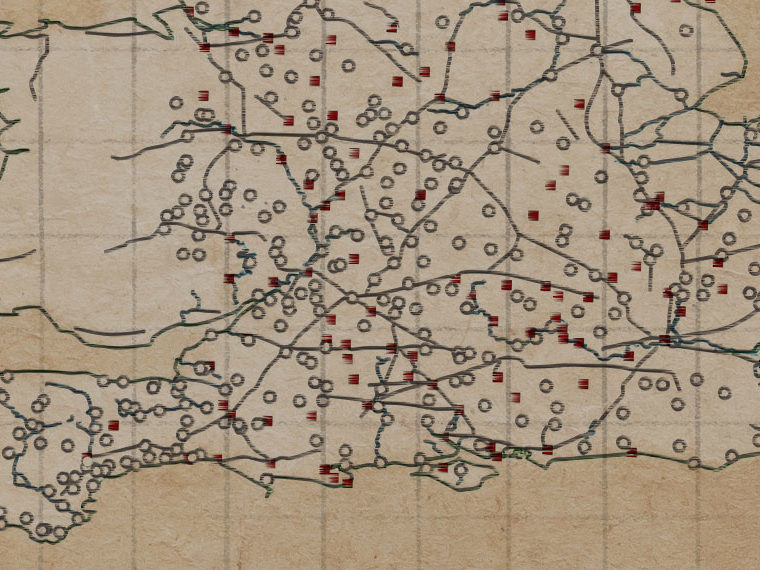
How Local Governance Came to England’s Economy
Nico Voigtländer found that to combat arbitrary taxes and corruption, merchants persuaded the king to cede control
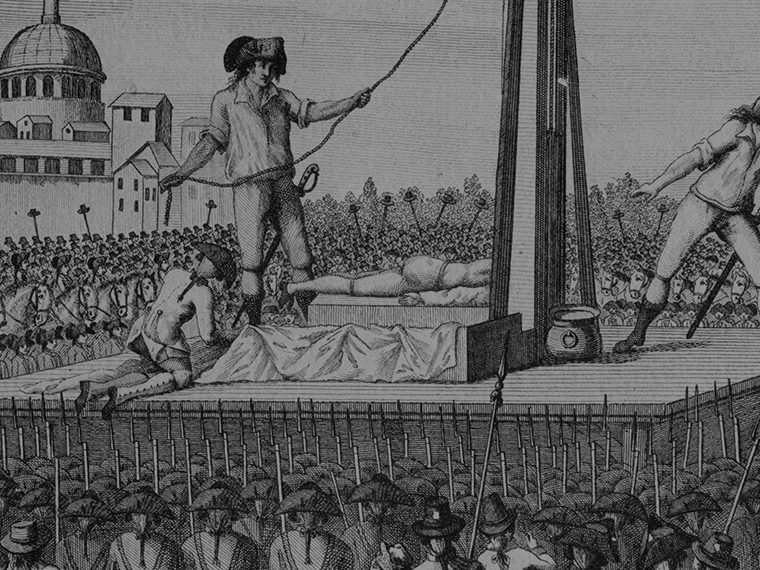
Beyond Angry Mobs: Intellectuals in the French Revolution
History’s Encyclopédie subscribers are matched to grievances against the monarchy
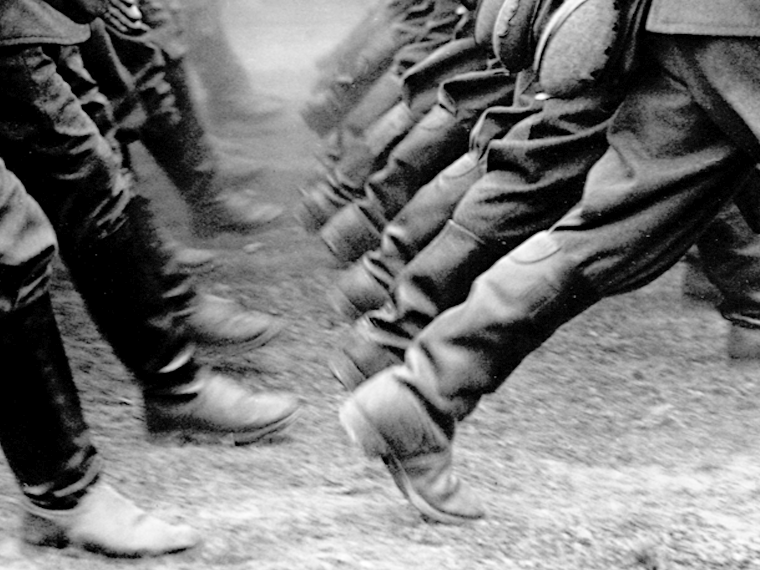
Bowling for Fascism: Exploring the Dark Side of Social Capital
In pre-World War II Germany, sports clubs became a vehicle to spread Nazism